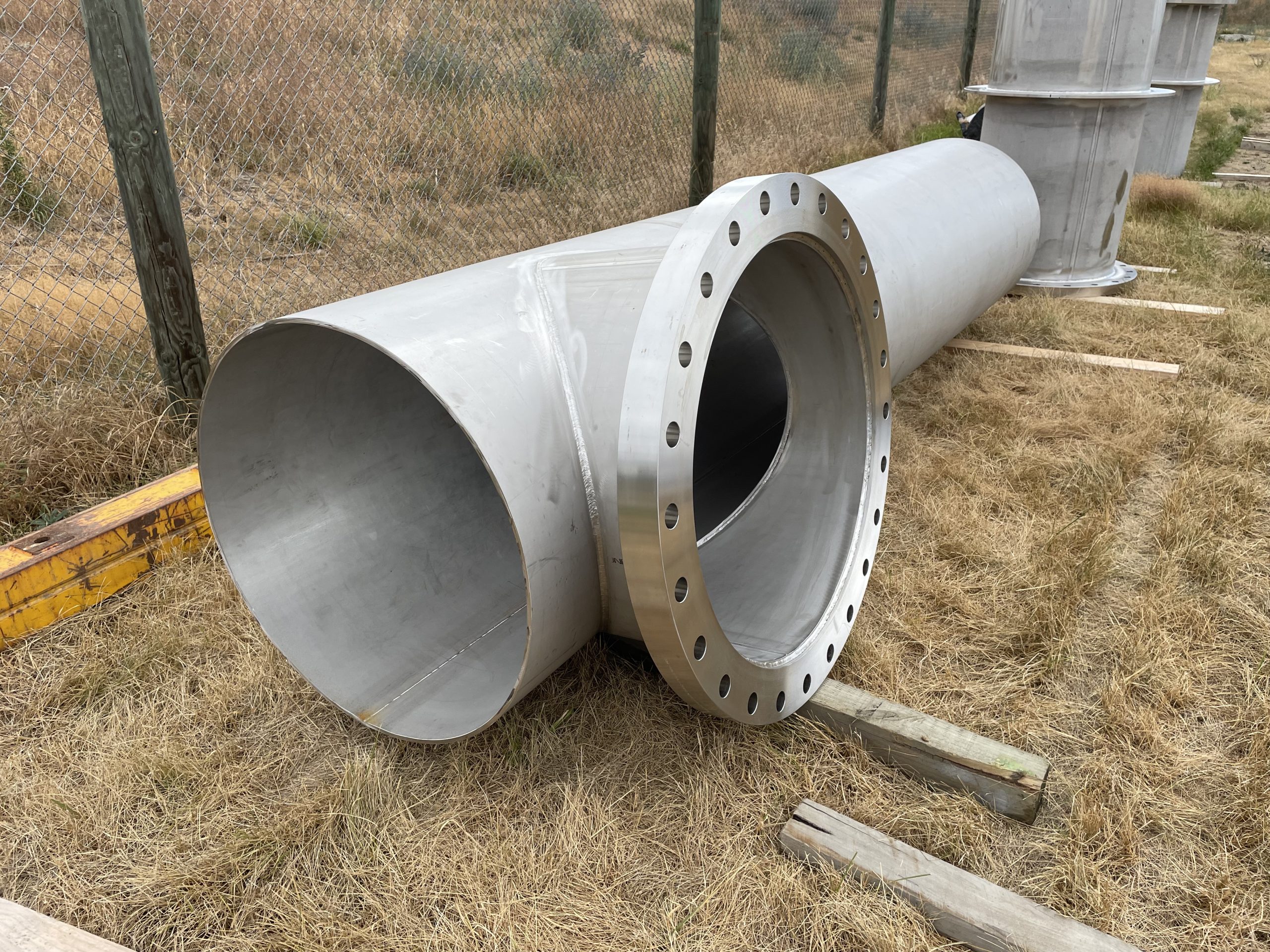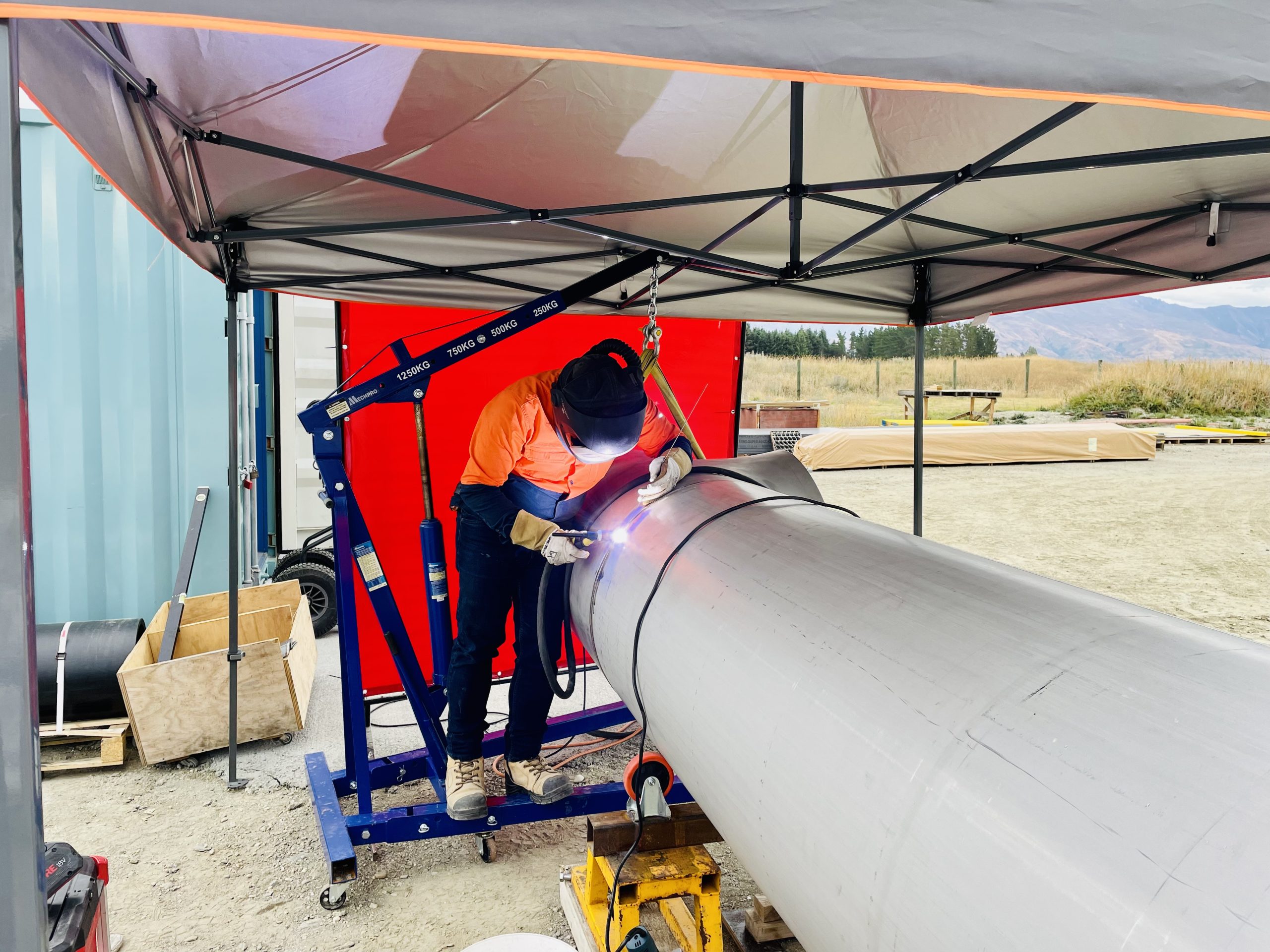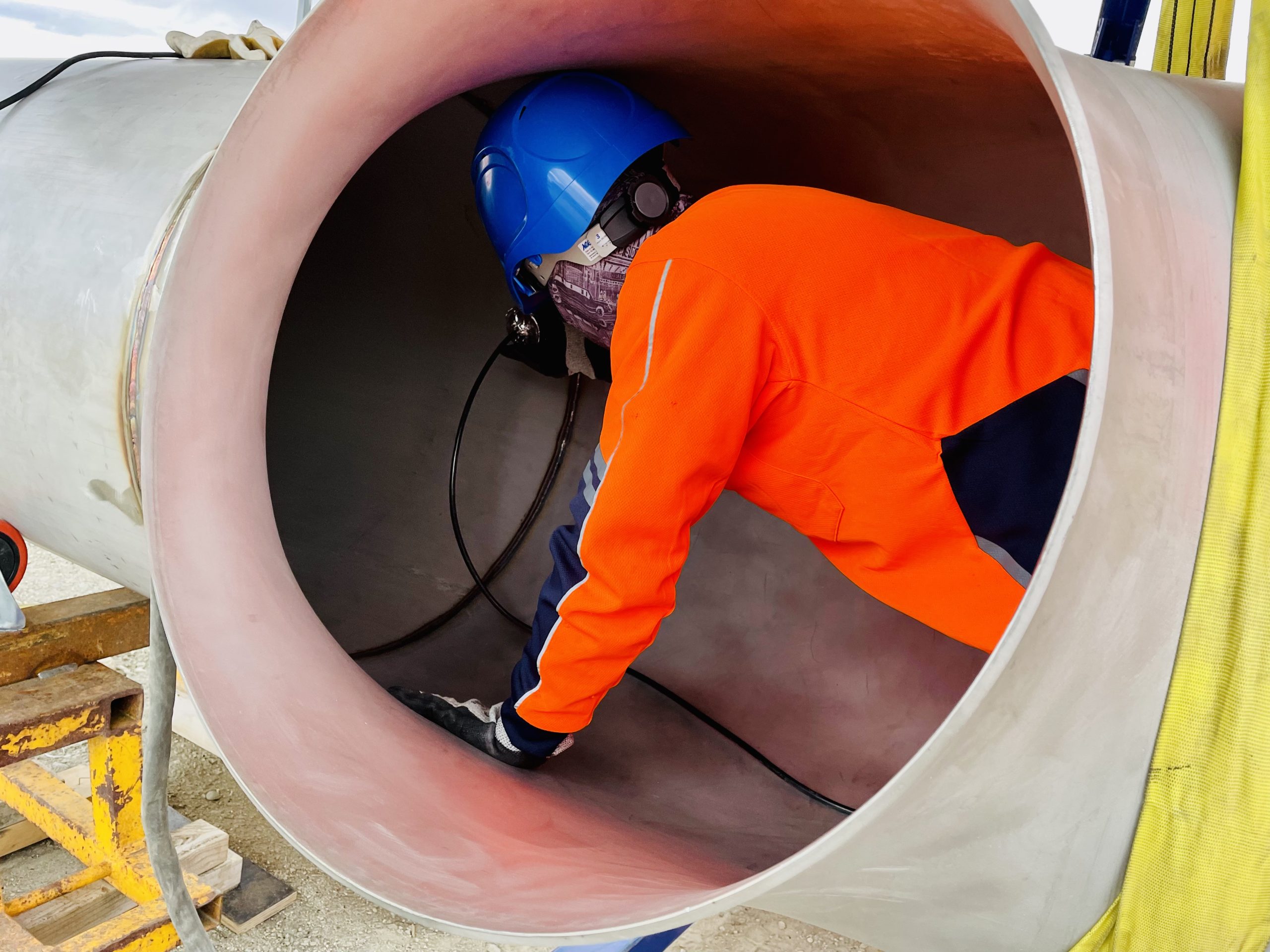
PRECISION IN EVERY JOINT
Pipe welding is more than just connecting two pipes; it's a delicate fusion of skill, science, and artistry. At CLGE Engineering, we're passionate about creating robust and leak-free connections that form the backbone of numerous industries.
Our skilled pipe welders are experts in navigating the intricate world of pipe systems. From industrial pipelines that carry essential resources to architectural designs that marry functionality with aesthetics, our craftsmanship stands as a testament to quality and precision.
Every weld tells a story of metallurgical understanding, heat control, and weld bead consistency. With an unwavering commitment to industry standards, we ensure that our pipe welding guarantees structural integrity, longevity, and safety.
Whether it's gas, water, oil, or chemicals flowing through the pipes, our welds provide an unyielding pathway. The expertise of our welders extends beyond the weld itself; it's about selecting the right welding process, understanding material properties, and meticulously executing each weld seam.


Testament of our dedication to excellence
At CLGE Engineering, we don't just weld pipes; we engineer solutions that stand up to pressure, time, and the elements.
Join us in exploring the world of pipe welding where precision meets purpose, and every joint is a testament to our dedication to excellence.
Dedication To
Excellence
Engineer
Solutions
-
What are the common methods of pipe welding?Common methods include Shielded Metal Arc Welding (SMAW), Gas Tungsten Arc Welding (GTAW), Gas Metal Arc Welding (GMAW), and Flux-Cored Arc Welding (FCAW).
-
What materials can be welded using pipe welding techniques?Pipe welding can be used to join various materials, including stainless steel, carbon steel, aluminum, and more.
-
What factors affect the quality of a pipe weld?Factors like proper joint preparation, welding technique, filler material, and heat input can significantly impact the quality and strength of a pipe weld.
-
What is the difference between pipe welding and structural welding?Pipe welding typically involves welding cylindrical sections for fluid or gas transport, while structural welding focuses on joining beams and columns for buildings and structures.
-
How can I avoid common pipe welding defects?Defects like porosity, lack of fusion, and cracks can be minimized by maintaining proper welding parameters, using the correct electrode, and ensuring proper joint fit-up.
